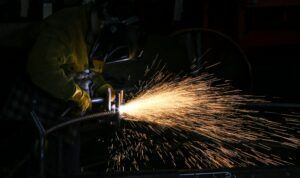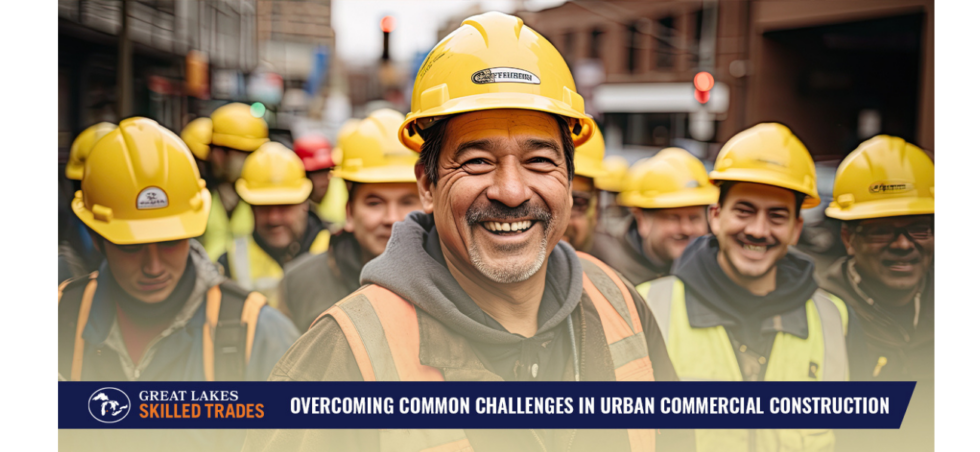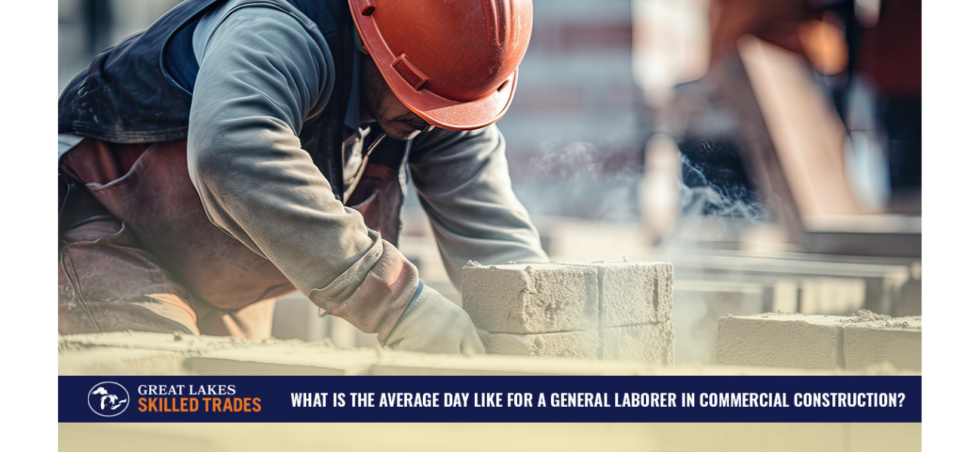Considering a career in the skilled trades? You could do worse than going down one of these paths. Each of these specialties are in high demand. At Great Lakes Skilled Trades, we can’t find enough of them to meet demand.
Plumber

The average age of plumbers is 50-plus. Pretty soon they’re all going to retire and then the hottest job in the country will be plumber.
Federal data indicates plumbers, pipefitters, and steamfitters have a median pay of about $52,590.
“Get a quote from a plumber and you’ll understand why it’s a lucrative profession!” said Jimmy Greene, president of Michigan Associated Builders and Contractors.
“Most people have this perception of what it means to be a plumber and it’s sticking your hand in a toilet,” Jimmy added. “That’s only about 5 percent of what a plumber does. Building infrastructure is about 80 percent.”
Are you plumber material? Well, are you analytical—a problem-solver? You might be called upon to analyze blueprints and floor plans to understand the existing water system or you might have to pitch in on the design and planning of a new one or one that’s being renovated.
See: Everything you need to know to become a plumber
HVAC tech

“Especially now, everybody is thinking about air filtration, what with Covid 19,” says Jimmy. “I’ve heard of many contractors who are swamped work for restaurants, hospitals, schools. Proper filtration. That’s not going away. People are reactive now. Moving forward, they’re going to be proactive for the next Covid.”
The median pay for an HVAC tech is $45,000.
Are you a good fit? “Someone who enjoys mobility,” Jimmy said. “Someone that likes physical work and has great eye-hand coordination.”
Welder

There are all sorts of welders. Commercial. Residential. Pipeline. Even underwater. You could be one of them.
The median pay for welders, according to the American Welding Society, is $41,000. Many make far more, though.
Most welders have a certification to weld something very specific, and they’ve built a career out of that, such as gas pipeline welding. They travel the country, and maybe even the world, plying that craft. Many others have a specialty but also weld a wide variety of materials.
“Few people do it because of the math competencies required,” says Jimmy. “But it’s highly compensated, rightly so.”
Are you a good fit? “Detail, detail, detail. Patience, patience and patience,” Jimmy said when asked what qualities make for a good welder.
“Women have been known to be exceptional welders,” he added. “They tend to follow patterns where young men follow the flame.”
Was this blog post helpful for you? Why not subscribe to our blog? It’s free. Just input your email address below. We promise we won’t spam you. However, as our way of saying thanks for subscribing, we’ll send you our e-book, “4 Things to Consider When You’re Looking for a Temporary Staffing Firm.”
See: Everything you need to know to become a welder
Subscribe








